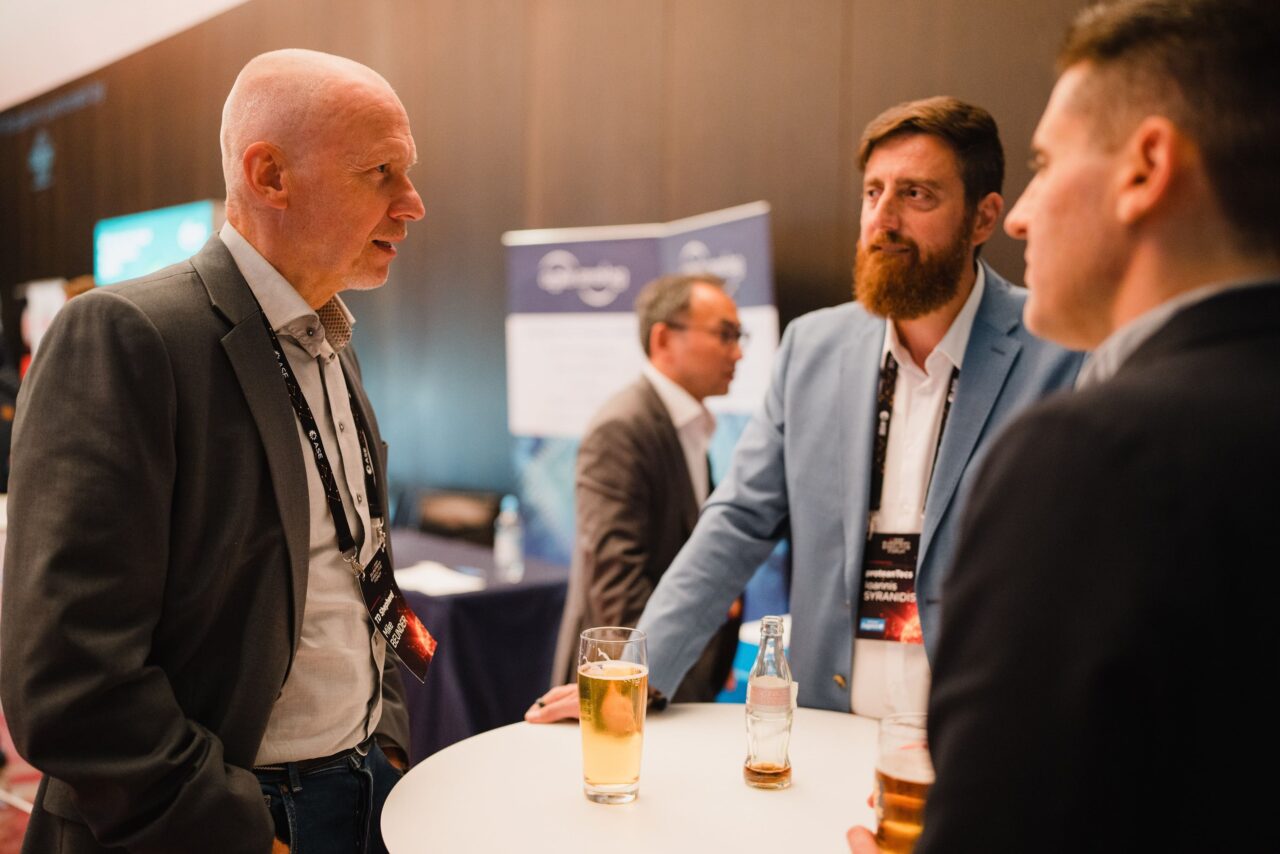This year’s GSA event was again a combination of presentations with Q&A and panel discussions. The main focus of the event was—no surprise given that the meeting takes place in Munich—automotive and the (future) role of semiconductors in the automotive industry. Several of the presentations and the ensuing discussions are relevant for the outlook of the industry as well as the perspective of the different players in the eco-system.
As a first it is interesting to hear from one of the tier #1 automotive companies about the impact of their semiconductor supply chain trouble during and after COVID-19. Joachim Kahmann, SVP Purchasing at Stellantis (owner of brands such as Peugeot, Chrysler, Fiat and Citroën). The impact of the shortage of semiconductors for Stellantis resulted in the inability to sell 1.3M cars…. A staggering impact for the #4 automotive producer in the world. No surprise then that automotive companies are now all focusing on getting a better grip on their semiconductor supply chain.
Automotive manufacturers were hard hit in 2022 by a dramatic shortage of semiconductors. This shortage persisted throughout 2022 and impacted their production in a hitherto unmatched depth, highlighting again how many cars have come to depend on ubiquitous semiconductor components. Tesla being a lighting example of not being (overly) hurt by the semiconductor shortage, other automotive companies decided to ensure that in the future, their vulnerability is either eliminated completely or at least reduced to a manageable level. Stellantis provided a good insight into their semiconductor strategy going forward. This includes, similar to Tesla, taking charge of the design of key parts (mission critical parts) of the different automotive frameworks. Given the growth of the value of the semiconductor part in the automobile, this strategy clearly makes sense. However, execution of such a strategy will neither be easy nor straightforward. The shortage on all types of engineers, from skilled designers to chip architects, will be just one of the complicating factors. The diversity of semiconductor components another. For the car manufacturers to get a better grip on their semiconductor supply chain, they not only need to grow their own in-house capabilities, they clearly need a higher-value relationship with the semiconductor industry. Only while that value is “adjusted”, will the semiconductor industry itself be prepared top “move”.
Of course, when talking semiconductors, you have to mention EDA. Without EDA, no semiconductors. Synopsys is one of them, with a unique position in not just the EDA but also the IP (having the largest team working on semiconductor IP). One of its VPs, Yankin Tanurhan, provided an interesting view on the continued growth of data. Of course, since the rise of AdTech and MarTech we’re aware of the fact that data is the new gold. Synopsys’ view on the data and how AI will drive the further growth of data is very interesting, The vision provided here is that because of AI, data will grow even more rapidly because AI will shield the human “consumer” from the data deluge…. By using AI to consume the data (learn, infer, …), it enables an even faster growth of the amount of data.
In relationship to that data growth, there is the ever-growing concern about the security of that data. As companies like Intrinsic ID have been focused on for the last 10 years or so, that security starts at the underlying hardware. Without a fundamental security on the hardware level, any software based security implementation will be vulnerable. The block diagram demonstrated at the event (courtesy Synopsys/Yankin Tanurhan), shown the challenges related to securing a System-on-Chip (SoC) are complex and need to be handled at the architecture level of the SoC, not as an afterthought.
Intel was also present at the GSA meeting. Luca de Ambroggi, representing Intel’s Foundry Services, presented Intel’s chiplet approach and its Open System Foundry model. Intel’s chiplet approach is to deal with the continued increase in (system’s) complexity on one hand, while requiring vastly different underlying semiconductor process characteristics on the other hand. From leading-edge digital through RF and other complex analog/mixed-signal functions to DDR5 memory and photonics interfaces, rather than trying to integrate all in one process, the use of chiplets, placed and interconnected on a carrier is where Intel sees the future.
As part of its chiplet approach, Intel/Luca de Ambroggi also presented the “full pyramid” which allows a customer to build its complete system. It starts at the silicon level, through the IP and EDA, the packaging and interconnect to the different software layers including the ISA(s) used to run the different CPU cores. Interesting to note is that Intel recognizes the presence of RISC-V as a key player in the CPU/ISA market, next to Intel’s own X86 and ARM. Equally interesting is the fact that Intel’s pyramid relies on a number of new standards under development, including the oneAPI standard.



